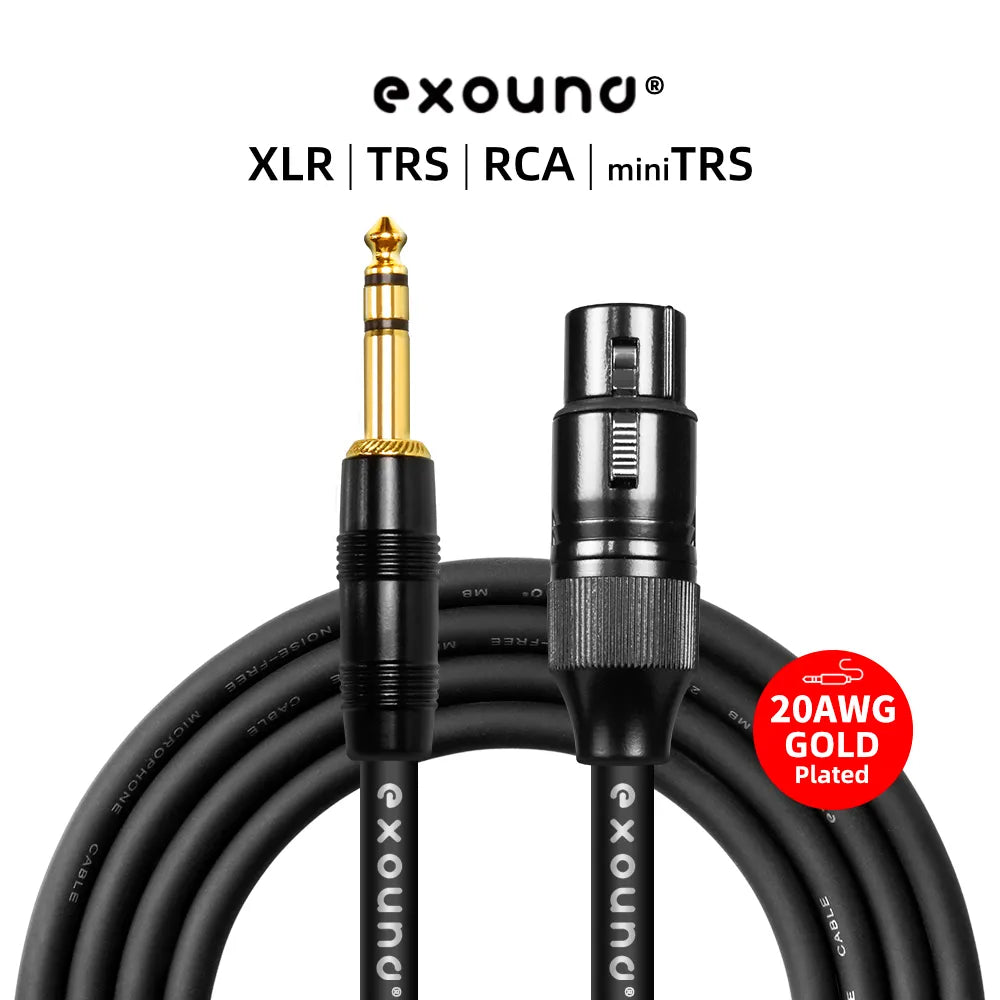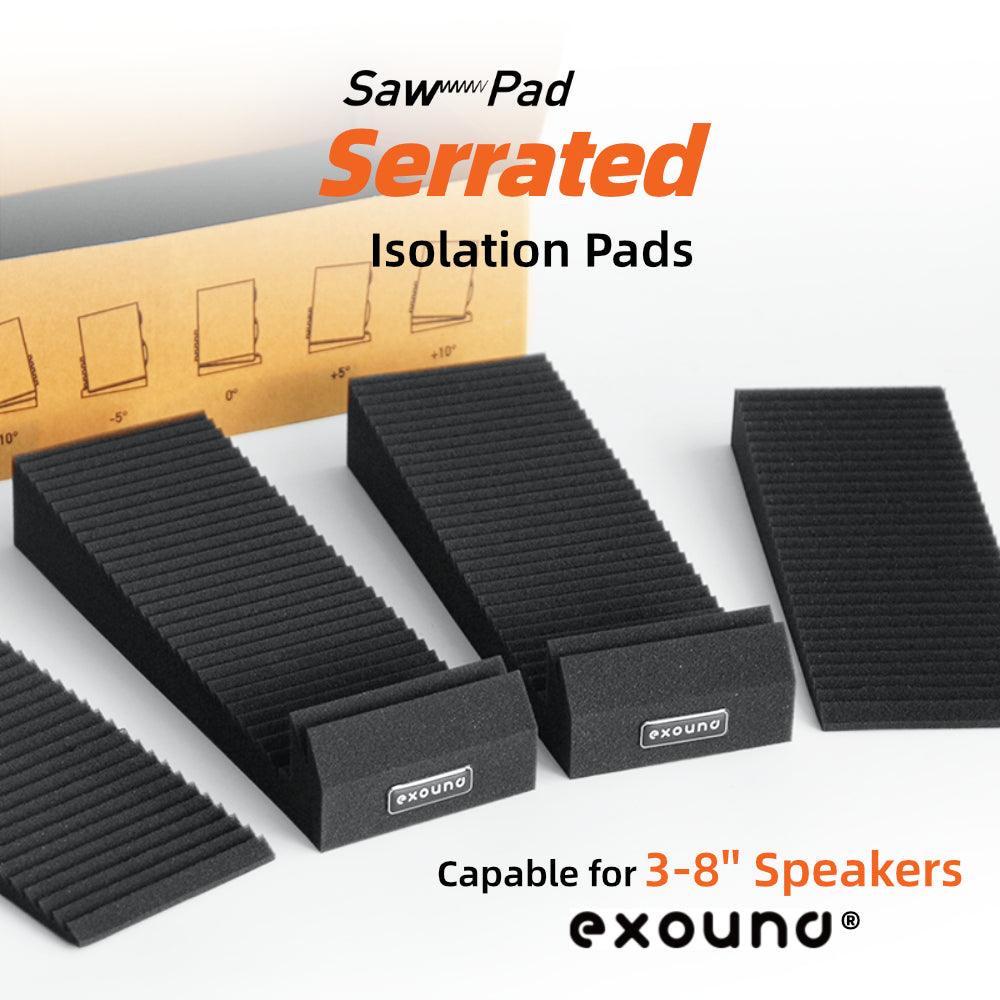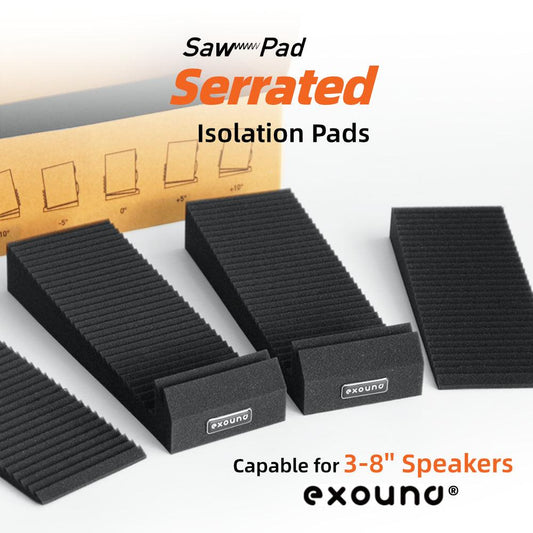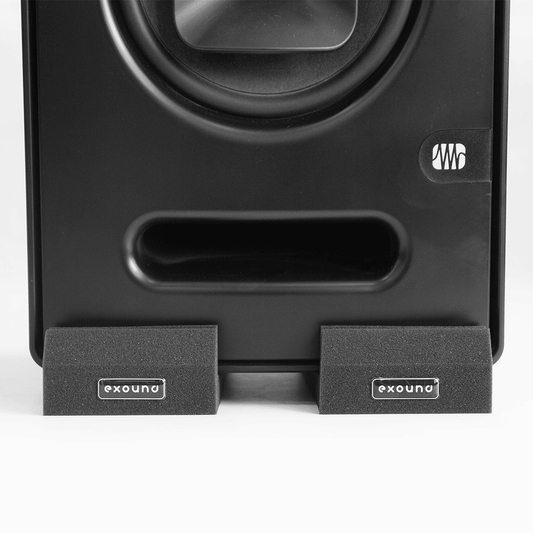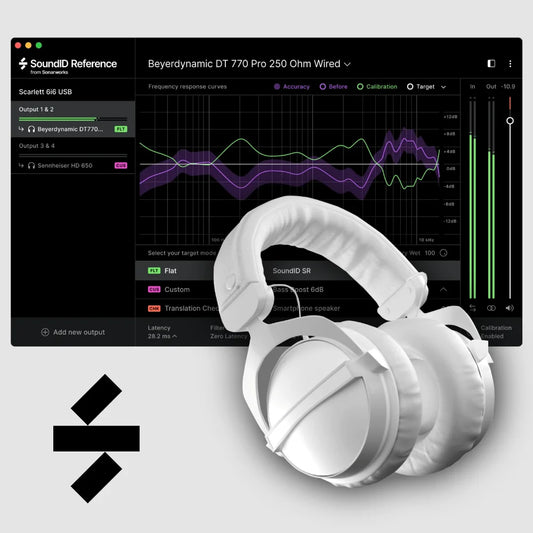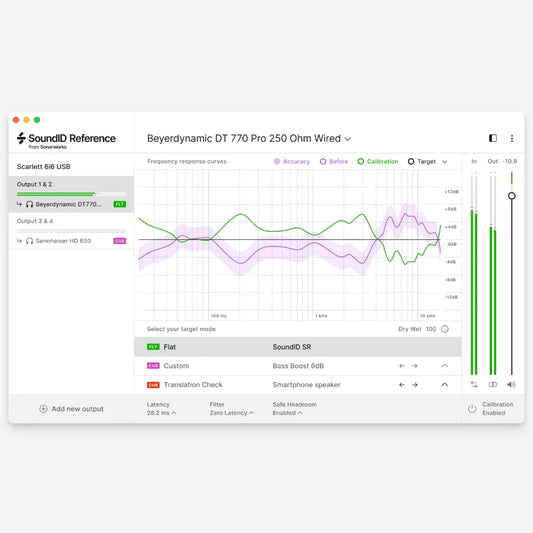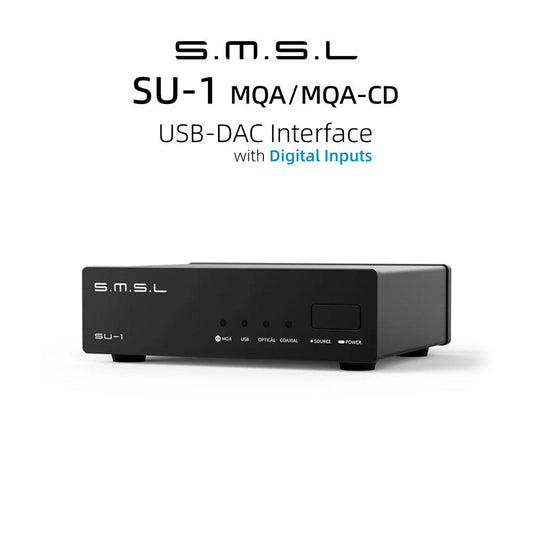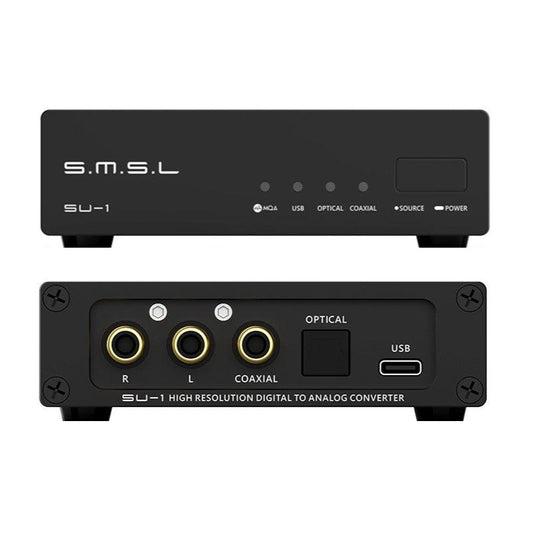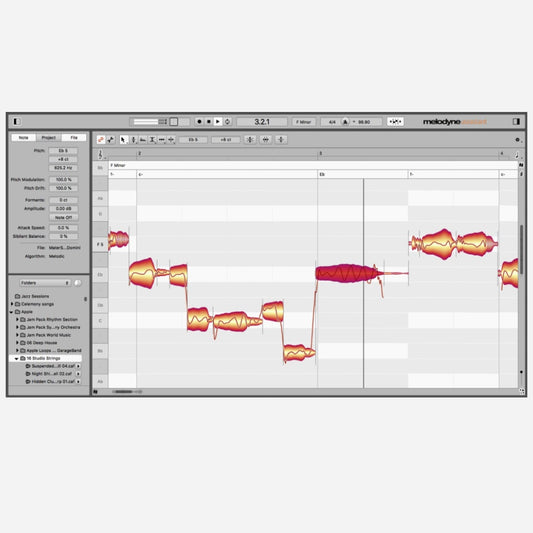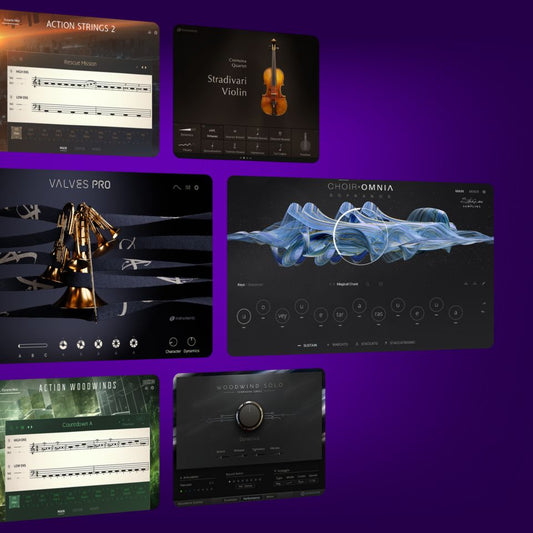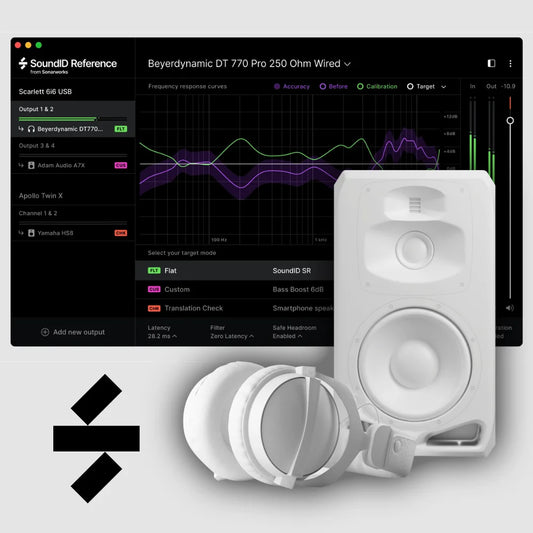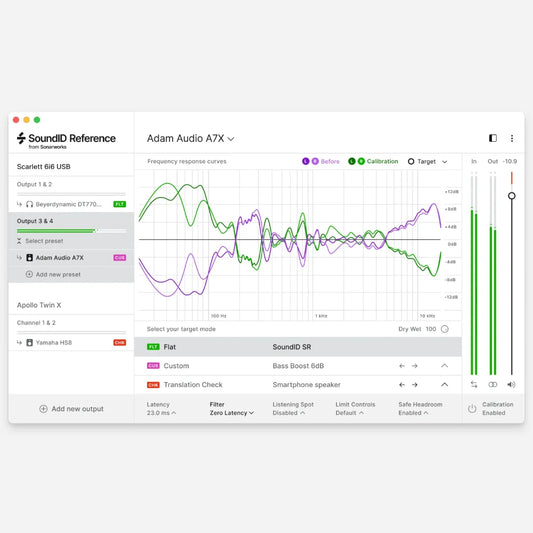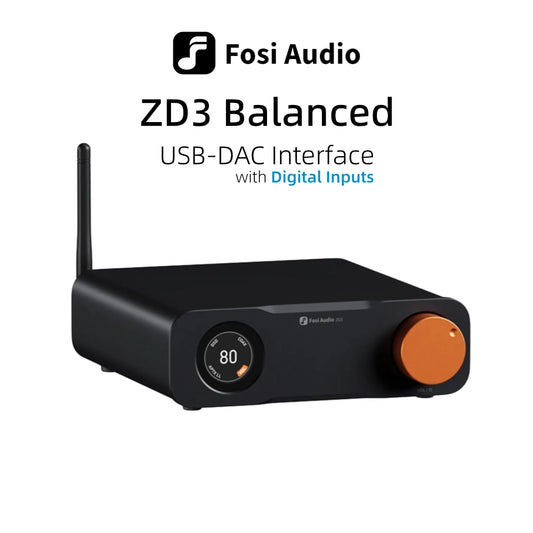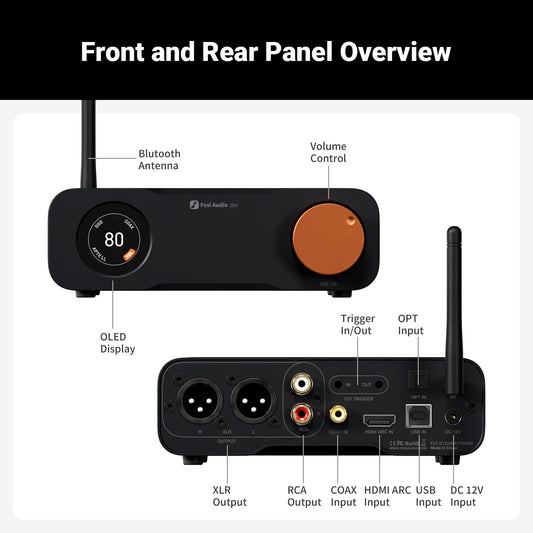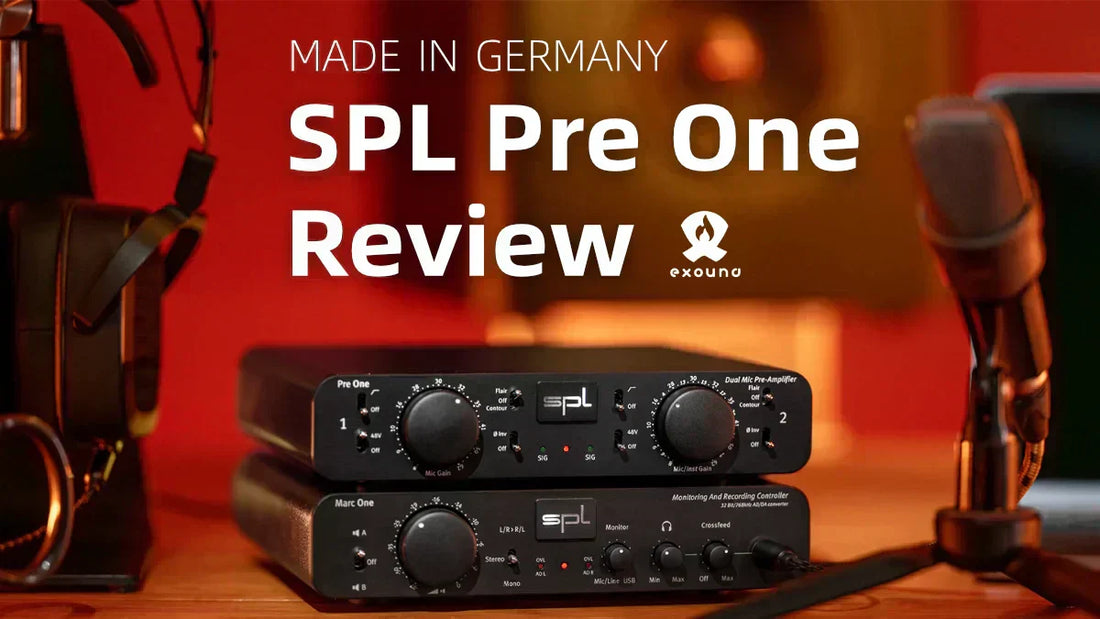
SPL Pre One Review: How Much Better Than Integrated Mic Preamps?
Share this article
Introduction: The Great Preamp Debate Settled
After years of trade tensions affecting American audio equipment pricing, musicians and audio engineers are increasingly looking beyond traditional powerhouses for their recording solutions.
Enter the SPL Pre One — Germany's answer to affordable, high-quality microphone preamplification. But the burning question remains:
- Are standalone mic preamps genuinely superior to their integrated counterparts, and if so, by what margin?
Our comprehensive testing reveals a decisive answer: standalone preamps like the SPL Pre One deliver approximately 6dB better dynamic range performance—what we term "one tier higher" in audio quality.
This isn't merely academic; it represents a tangible improvement in recording capability that brings dynamic microphones closer to condenser-level detail capture.

The German Engineering Renaissance
The microphone preamp landscape has witnessed a fascinating shift in recent years. Whilst German manufacturers have historically dominated the high-end microphone market with brands like Neumann, AKG, and Sennheiser, they've traditionally ceded preamplification territory to American manufacturers.
- However, rising costs and supply chain uncertainties have prompted German companies to reclaim this space.
Unlike their American counterparts, which often prioritise sonic colouration and vintage character, German preamps focus on measurable performance parameters.
This engineering philosophy emphasises transparency, low distortion, and exceptional dynamic range — qualities that make the SPL Pre One a compelling proposition for modern recording applications.

SPL Pre One: Technical Overview and Features
Core Specifications
- Gain Control Range: +8dB to +62dB (sufficient for most recording scenarios)
- Dynamic Range: 117dB (as measured and confirmed against SPL's published specifications)
- THD+N: 0.017% at maximum gain
- Input Impedance: Optimised for microphones (10 kΩ) & instruments ( 1.1 MΩ)
- Form Factor: Half-rack unit (compatible with SPL Marc One and other half-U interfaces)
Unique Features
Tone Selection Circuit The Pre One distinguishes itself with two optional factory-preset EQ curves:
- Flair: Provides a subtle 2.5dB boost between 6-7kHz with a compensating 0.5dB reduction below 2kHz. This thoughtful design maintains the overall level whilst enhancing vocal presence and instrument clarity.

- Contour: Simultaneously boosts both high frequencies (6-7kHz) and low-mid content (100-300Hz), creating a characteristically warm yet bright vocal sound reminiscent of high-end commercial recordings.

- Recording Demo: 16bit/44.1kHz, SPL Pre One output to MOTU UltraLite mk5 input.
Original → Flair → Contour | Audio Samples
Practical Applications
The Flair setting proves particularly useful for addressing microphone-specific frequency responses. For instance, the Shure SM58's relative lack of presence compared to the SM57 (approximately 3dB deficit at 6-7kHz) can be effectively compensated, essentially transforming your SM58's character to match an SM57's profile.

Build Quality and Design Philosophy
German Manufacturing Standards
The "Made in Germany" designation carries significant weight in today's market, where many established German audio brands have relocated production to reduce costs. The Pre One maintains traditional German manufacturing standards, evident in several design choices:
- Socketed Op-Amps: Following SPL's One series tradition, the preamplification stages utilise socketed operational amplifiers, allowing for future upgrades or easy servicing

- Independent Pad Switches: Rear-panel toggle switches provide -20dB attenuation for each channel, essential for high-SPL sources like drums or brass instruments

- Neutrik Connectors: Professional-grade XLR and TRS connections ensure reliable signal integrity

Performance Analysis: Standalone vs Integrated Preamps
Testing Methodology
Our evaluation compared the SPL Pre One against the integrated microphone preamps in the MOTU MK5 interface — a representative example of quality integrated solutions in the £599 price bracket. Testing was conducted at three gain settings: 8dB (minimum), 40dB (typical condenser microphone setting), and 60dB (typical dynamic microphone setting).
Results Summary
At 8dB Gain:
- Pre One: 117.7dB dynamic range
- MOTU MK5 integrated: 113.6dB dynamic range
- Advantage: 4dB improvement

At 40dB Gain (for Condenser Microphones):
- Pre One: Approximately 7dB superior dynamic range
- Advantage: More than "one tier" improvement

At 60dB Gain (for Dynamic Microphones):
- Pre One: Decisively superior across all measured parameters
- Advantage: Substantial improvement in noise floor and distortion characteristics

Real-World Implications
This 6dB improvement in dynamic range translates to tangible recording benefits:
- For Dynamic Microphones: The enhanced detail capture brings performance closer to condenser microphone standards
- For Condenser Microphones: Improved ability to capture room ambience and subtle transient details
- Overall: Greater headroom for post-production processing and mixing flexibility

Value Proposition and Market Position
Pricing and Competition
At approximately £555, the SPL Pre One represents exceptional value in the German-manufactured audio equipment market.
This pricing strategy makes professional-grade German engineering accessible to project studios, independent engineers, and discerning home recording enthusiasts.
System Integration
The Pre One's half-rack format ensures compatibility with numerous interfaces, though pairing with SPL's Marc One creates an aesthetically cohesive setup.
The unit's +20dBu output level suits most professional audio interfaces, though optimal results require interfaces with adequate input headroom.

Limitations and Considerations
Realistic Expectations: Whilst the Pre One delivers measurable improvements over integrated solutions, it's important to maintain perspective:
- Interface Dependency: Performance benefits are most apparent when paired with quality line inputs
- Price Point Competition: Higher-end integrated preamps may narrow the performance gap
- Application Suitability: The analytical German approach may not suit all musical styles or production philosophies

Conclusion: The Verdict on Standalone Superiority
The SPL Pre One definitively answers the longstanding question about standalone versus integrated preamplification. Our testing confirms that even at this accessible price point, a dedicated preamp delivers quantifiable improvements:
- Specifically, one tier (6dB) better dynamic range performance.
For engineers and musicians seeking transparent, high-performance preamplification without the premium pricing typically associated with German engineering, the SPL Pre One represents compelling value.
It successfully bridges the gap between integrated convenience and standalone performance, making professional-grade recording accessible to a broader audience.
Key Takeaways:
- Measurable Improvement: 6dB dynamic range advantage over quality integrated preamps
- Professional Features: Thoughtful EQ presets and high-SPL handling capabilities
- German Engineering: Authentic "Made in Germany" construction at an accessible price point
- Future-Proof Design: Socketed components and professional connectivity standards
The SPL Pre One proves that superior preamplification needn't require a premium investment — sometimes, engineering excellence speaks louder than marketing mystique.



